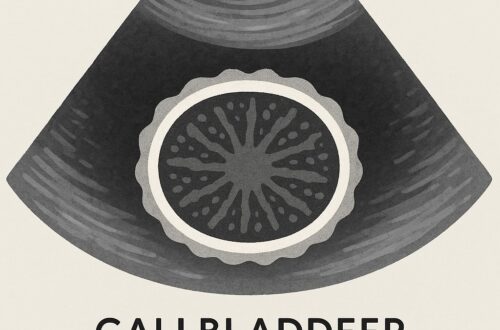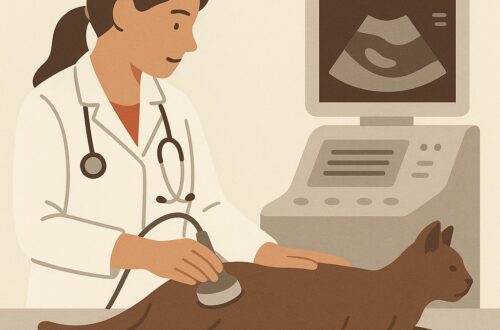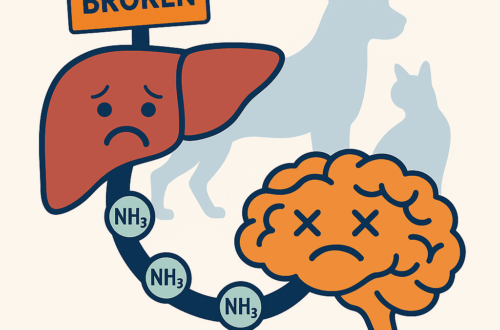It’s official. With the recent celebration of Thanksgiving, the holiday season is undoubtedly upon us in the United States. The seasonal festivities bring a lot of merriment and delicious foods to our tables. Sometimes our fur babies decide to celebrate with us, sneakily feasting upon the goodies on counters and tables. This week I spend some time discussing one of the lesser known intoxications we see in dogs and cats around the holidays – raw bread dough intoxication. I hope you find the information helpful and share-worthy. Happy reading!
Bread Dough Question #1: Why is bread dough toxic?
Raw bread dough in the process of rising poses two major threat to our fur babies, and they both can be traced to the yeast contained in the dough itself.
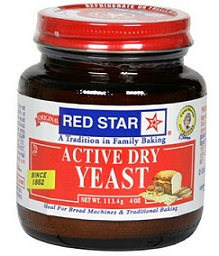
First the fermenting dough expands quickly inside the warm stomach due to the production of carbon dioxide, potentially causing an outflow obstruction and theoretically increasing the risk of gastric dilatation-volvulus. Secondly during the expansion process yeast is rapidly converted to ethanol. This type of alcohol is promptly absorbed into the blood stream. Put simply, a pet who eats raw bread dough can develop a potentially life-threatening obstruction in the stomach, all the while getting drunk in the process.
Bread Dough Question #2: What are the signs of bread dough intoxication?
Many dogs and some cats will take advantage of any opportunity to eat raw bread dough in the process of rising. Of course, these sneaky critters don’t just nibble on the dough, but rather tend to eat a large amount (e.g.: 1-2 loaves or a pan of rolls).
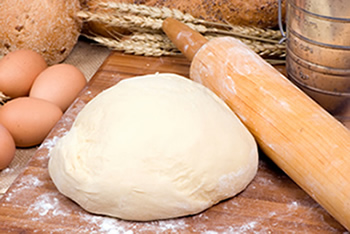
After ingestion, pet parents may observe their fur baby appears bloated and unable to find a comfortable position because of the distention of the stomach. Additionally, some stereotypical signs of inebriation are also often seen, including:
- Behavioral changes
- Vocalization
- Unsteadiness and stumbling (called ataxia)
- Depression
- Urinary incontinence
With increasing absorption of ethanol into the bloodstream from the stomach comes some more worrisome and life-threatening complications, particularly apparent blindness, respiratory depression, cardiac arrest, and even death.
Bread Dough Question #3: How is this intoxication treated?
First and foremost, animals suspected or confirmed to have ingested rising bread dough should be evaluated by a veterinarian as soon as possible. Parents may also contact the ASPCA Animal Poison Control Center to speak with a board-certified veterinary toxicologist. There is a nominal fee for this invaluable service, and families will be provided with a unique case number that can be then shared with your family veterinarian who can also communicate with the toxicologist about their fur baby.
The type and degree of intervention depends on a number of factors, including the amount of raw dough ingested and the patient’s clinical signs. Inducing vomiting is not routinely performed because the expanded dough can block the expulsion of vomit and could cause the stomach to rupture. Patients with altered or depression mentation should not be made to vomit. In addition to performing a complete physical examination, a veterinarian will likely recommend obtaining radiographs/x-rays of the affected animal’s abdomen to help determine if inducing vomiting is a safe course of action. More commonly a veterinarian will instill directly into the stomach some called cold water – this process is called gastric lavage. The benefits of gastric lavage include:
- Slowing down the fermentation of yeast
- Decreasing the production of ethanol
- Removing portions of the dough
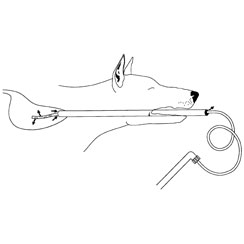
After performing a cold water gastric lavage, the veterinarian will often instill some special fluids into the stomach that bind the alcohol and help it pass more rapidly through the gastrointestinal tract to prevent further absorption (e.g.: activated charcoal with a saline cathartic). Only in rare and profound cases does an affected patient require surgery to remove the raw dough from the stomach. Patients should be monitored closely around the clock in a hospital, and may require intensive care (e.g.: temporary management of a ventilator) depending on the severity of the intoxication. For severely affected patients, your family veterinarian should recommend referral to a specialty hospital, especially one with a board-certified veterinary emergency critical care specialist. The prognosis for a full recovery is excellent if an affected pet is treated promptly.
The take-away message about bread dough intoxication…
During the holidays our tables are filled with delicious home-baked goods, including breads and rolls. The rising process to make these treats brings many tempting opportunities for pets to steal the raw dough from tables and counters. The resultant ingestion is often associated with a state of drunkenness and an obstruction in the stomach. Affected pets require immediate veterinary medical attention, and they can make a complete recovery if treated in a timely manner. Yet the best possible treatment is avoidance altogether, and thus keeping raw bread dough away from pets should be a top priority!
To find a board-certified veterinary emergency and critical care specialist, please visit the American College of Veterinary Emergency and Critical Care Specialist.
Wishing you wet-nosed kisses,
cgb


